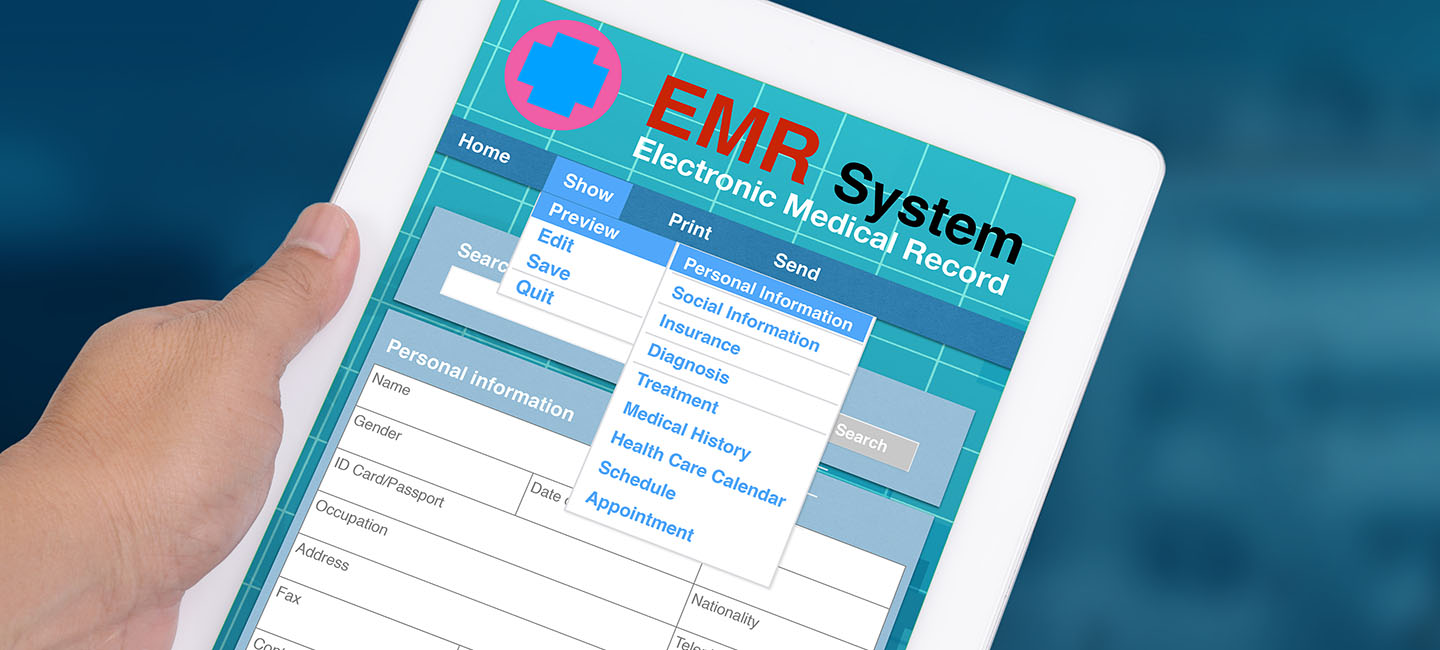Moffitt Patients Have More Timely Access to Pathology Reports
Health care organizations across the county are now required to provide patients with timely access to their electronic health records. This is due to the 21st Century Cures Act, a bill signed in 2016 that rules against information blocking and forbids health care organizations, information technology vendors and others from restricting patients’ access to their health care data.
The requirement was scheduled to go into effect Nov. 2. However, the U.S. Department of Health and Human Services has given health care organizations until April 5, 2021 to comply.
The Cures Act mandates providers make several types of patient data available in their patient portal, at no additional cost, including:
- Clinical notes
- Discharge summary notes
- History and physical information
- Progress notes
- Consultation notes
- Imaging narratives
- Laboratory report narratives
- Pathology report narratives
Moffitt Cancer Center was prepared for the 2020 deadline and have begun to provide patients with access their pathology results through the patient portal within four days of the pathologist completing the report. Previously the results were not posted in the portal until 14 days after the report was finalized.

Sachin Apte, Gynecologic Oncologist and Associate Chief Medical Officer
“This is an important step forward,” said Dr. Sachin Apte, gynecologic oncologist and Associate Chief Medical Officer at Moffitt. “Having a patient wait 14 days for their health information is way too long.”
Apte says that giving patients more timely access to their information will allow them to advocate for themselves.
“At their follow-up appointment, coming in with knowledge of the results, they will be able to fully think, listen and ask the right questions,” he said.
The Cures Act was created to foster innovation in health care to advance patients’ control of their health records, which Apte believes will create a better relationship between patients and their providers.
“This Act will enable patients to be even more effective partners in their care,” said Apte.



